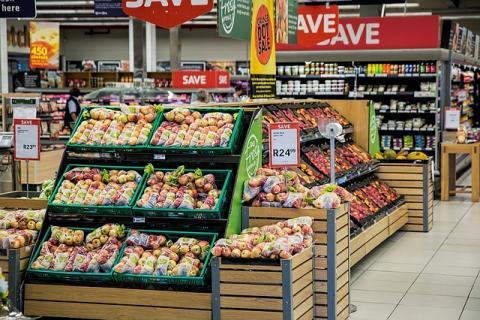
For those of you who are curious about these food co-ops that you see popping up, you should know that these grocery stores with a twist are called food cooperatives for a good reason—they’re all about cooperation. Food co-ops thrive in communities that are interested in working together for the common good.
Just like all other businesses, co-ops sell goods and services. However, what sets co-ops apart is the concept of them being owned by their members who also have a say in which directions the businesses are headed. This democratic business approach is truly unique because it’s not as common as one might think for customers to actually have their voices heard. Who wouldn’t want to be included in the decision-making process when it comes to the place that they purchase their food from? In fact, if you really want to get involved, consider trying to become a board member at your local co-op!
In most cases, food co-ops allow members of the community to become members of the co-op for a small annual fee. For example, in the Ocean Beach area of San Diego, there is a wonderful food co-op, People’s Organic Food Market, that charges about $15 per year to belong to it. At many co-ops, becoming a member comes with a few perks, including exclusive discounts and not having to pay the 10% surcharges that non-members must pay. Plus, those who join co-ops are demonstrating that there is indeed a demand for high-quality, affordable foods that tend to be local, organic, and sustainably sourced.
Being a part of a co-op allows you to gain access to good food that isn’t overpriced; co-ops are able to maintain costs that are somewhat low because they’re not driven by financial gain. Since co-ops are meant to serve their communities, profits are put back into the co-ops themselves to better the co-op experience and enhance the surrounding community.
By this point, many of you are probably wondering what the catch is. The thing is that it really is difficult to think of co-op membership drawbacks. I’ve heard that some people are worried about being pushed into participating in community service activities, but, in my experiences, that’s never been an issue. In addition to being guided by good values and principles, co-ops are businesses that are genuinely concerned about the economic and social wellbeing of their communities. So, the worst that can happen is you end up doing a little bit of community service, which is actually a great thing to do! Also, some are concerned that, when they move away from their co-ops, they won’t get partially or fully refunded for their pre-paid membership fees. Personally, I’ve never heard of membership fees being nonrefundable, but I’d assume it is a possibility. If this were the case, at least the fees tend to be relatively cheap!
If joining a food co-op interests you in the slightest, I’d definitely suggest going for it. At the moment, I don’t belong to one because there isn’t one too close to my house. However, I would, if I could, because it’s a cool opportunity to be able to own part of a business with other likeminded people that supplies only the best foods, especially produce. Co-ops are local businesses that are looking to serve, strengthen, and support their communities. So, why not invest in them by getting your groceries there, instead of at all those big chain supermarkets?








